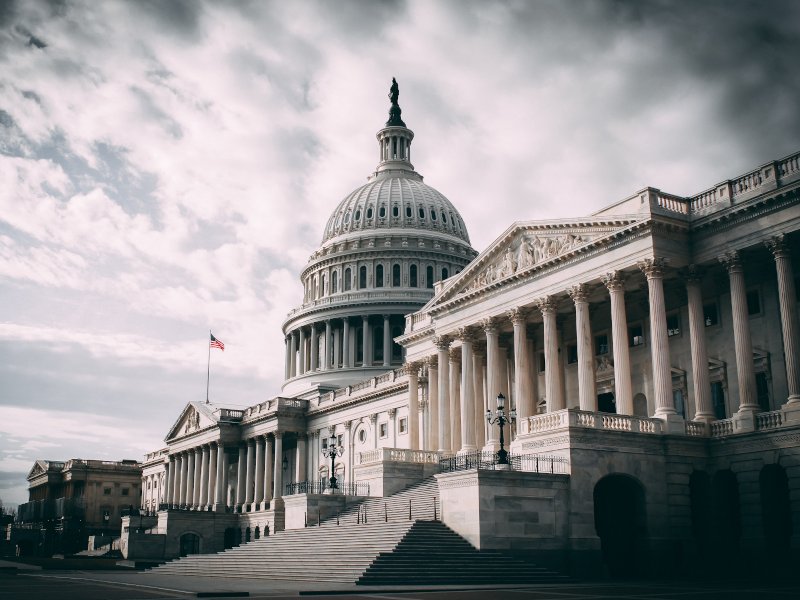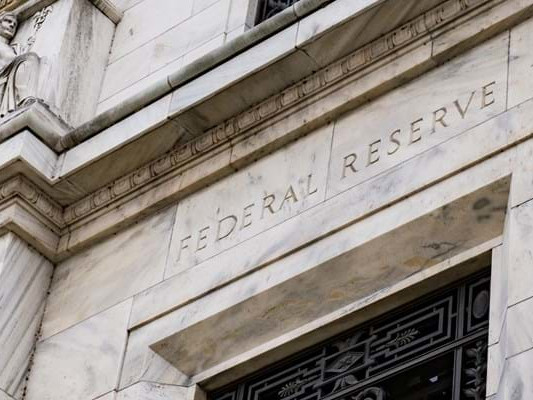Posts by adminsam
Climate change and stranded assets
The 2015 Paris Agreement laid plans to restrict global warming to no more than 1.5 degrees Celsius above pre-industrial levels by 2100. But we’re moving too slowly; scientists think warming in the 2–4 degree range is now more probable.
Read MoreTepid Tech
Markets were relatively quiet this week, as largely positive economic news flow did little to move asset prices in one direction or the other. Equities advanced slightly on a New York Times report claiming that US President Biden will seek $6 trillion in US spending in the next fiscal year; the White House will unveil its full proposal later today.
Read MoreStability and Soothing of words
Some stability returned to markets this week as central bank remarks which aimed to alleviate some of the tensions caused by last week’s Federal Reserve meeting seemed to have the desired effect. Signs that the Fed might be slowing down its bond buying programme or even beginning to discuss rate rises caused some volatility last week. Worries that faster inflation might speed up policy tightening seemed to fade following central bank remarks
Read More130 countries back global minimum corporate tax of 15%
The world’s leading economies have agreed a plan to ensure multinational companies pay a global minimum corporate tax rate of 15%. On Thursday the OECD announced the agreement between 130 different countries.
Read MoreEconomic output has recovered, but should we fear a financial reckoning?
From the rapid nosedive following lockdowns in March 2020 to springing earnings in the first half of ‘21, we’ve moved through this business cycle at top speed. It’s time to take a look at potential market implications and ask ourselves: does economic payback await?
Read MoreA western alternative to belt and road and expected rate rise
The last months have taught us that market sentiment can hinge on the smallest miscue. A pause, redundant adverb or glance in the wrong direction can send the market into a frenzy. These days, Federal Reserve announcements are as much about stage management as they are hard economic policy and Wednesday’s meeting was no different.
Read MoreMeetings about meetings
The US dollar continued to fall from its peak at the end of March. This falling dollar is part of the rising inflation trend that is unlikely to end any time soon. Minutes published by the US Federal Reserve stated that “an unspecified number of committee members” had mooted discussing scaling back the central bank’s monthly bond purchases in a future meeting
Read MoreMonetary policy couldn’t get easier; there’s only one place to go from here
Fiscal conditions are incredibly accommodative: interest rates are lying low; credit is freely available; and GDP is as if Covid never happened. The time to taper is nigh.
Read MoreFed treads the line
Data released yesterday showed US consumer prices rising in May at the fastest pace seen since 2009,echoing much of the sentiment which appears to have been underlying market expectations over the last few weeks. Whilst the Federal Reserve insists this inflation is transitory to justify its inaction, the definition of “transitory” is open to interpretation. Driven by a vastly expanded money supply and a number of longer-term trends, it is perhaps more likely that inflation will remain high for some time.
Read MorePrice Panic
Confidence that has permeated markets for weeks appeared to lose momentum this week as nonfarm payrolls and inflation figures caused the charging bull to take a moment to catch its breath. Nonfarm payrolls (a measure of US employment) fell far short of expectations whilst inflation printed its highest month-on-month gain since 2008.
Read More









